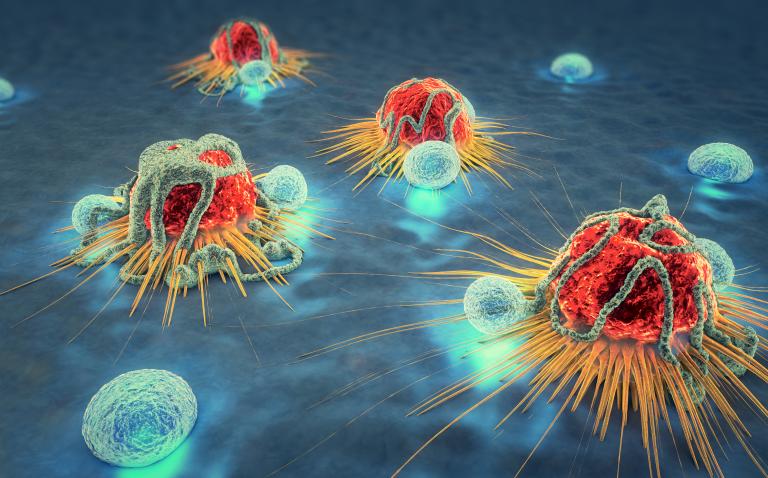A new report by the Health Foundation has highlighted the urgent need for a revolution in cancer diagnosis in Britain.
The Health Foundation report found that 10,000 deaths could be prevented each year with better diagnosis. Despite enormous investment over the past three decades, Britain still lags behind all Western European countries in cancer survival statistics.
According to the report, at the heart of the problem is the ‘tight gate-keeping’ of the NHS, only GPs can refer patients for check-ups and are pressured not to refer too many, while the NHS does not have enough equipment or staff to carry out the checks that it should.
Professor Karol Sikora, chief medical director at Proton Partners International, a leading provider of cancer services in the UK including cancer diagnostics, called for a radical overhaul of the way cancer is diagnosed in Britain.
He said: “What we urgently need is for patients with certain symptoms to go straight to a non-hospital clinical environment where all relevant tests can be done at once and then referred to an appropriate specialist if necessary. That would be a real game changer in cancer diagnostics in the UK and more lives will be saved.
“The current system of incorporating diagnostic services within hospitals is simply not working. Patients are facing drastic delays in getting crucial imaging and biopsies.”
Steve Powell, chief diagnostic officer at Rutherford Diagnostics, a subsidiary of Proton Partners International that specialises in cancer diagnosis, said: “At present, patients are having to wait at least six weeks for their diagnosis, that is not acceptable. We should be aiming to reduce those weeks of waiting to days and ultimately be able to provide a 24-hour service.”
He said: “Adding diagnostic equipment to hospitals will not solve the problem, it will simply be engulfed by the demand and patients will face the same structural obstacles of ‘tight gate-keeping’ that this report highlights. Patients with the relevant symptoms should be able to get all their tests in a pleasant specialised diagnostic environment, and then forwarded to the relevant specialist if diagnosed with cancer.
“GPs need to be empowered to use CT, MRI and endoscopy services without having to make endless referrals. This will not only lead to quicker diagnoses but will prove hugely cost-efficient too.”










